You are here
- Home
- Our Impact
Our Impact
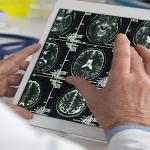
Tuesday, June 25, 2019
Mouse Models Help Overcome Challenges to Finding Predictive Biomarkers in Rare Cancers

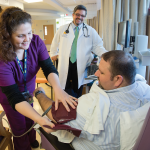
Wednesday, May 29, 2019
New Research in Mice Could Lead to Better Treatment, Repair of Liver Damage
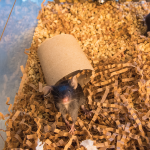
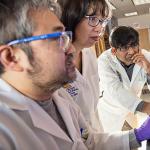
Monday, April 1, 2019
Mice Unlock Possible Clues to Limit a Common Side Effect of Bone Marrow Transplants
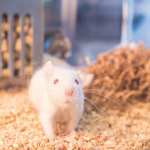
Sunday, March 10, 2019
Monitoring Sleeping Rats May Solve Puzzle Behind Long-Term Memory Processing
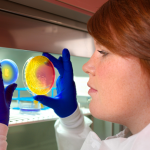
Monday, December 17, 2018
Mice Aid in the Discovery of How Mitochondria Help Fight Life-Threatening Bacteria

Tuesday, November 20, 2018
Mouse Study Finds Important Link Between Immunity and Bacteria in Healthy Lungs
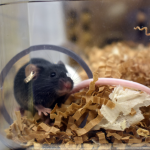
Friday, October 26, 2018
Key Protein Discovered Through Mouse Models Sheds Light on Fatty Liver Origins
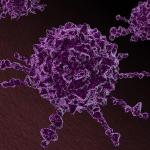
Tuesday, September 18, 2018
Mouse Study Provides Potential Breakthrough in Defeating Cancer Stem Cells